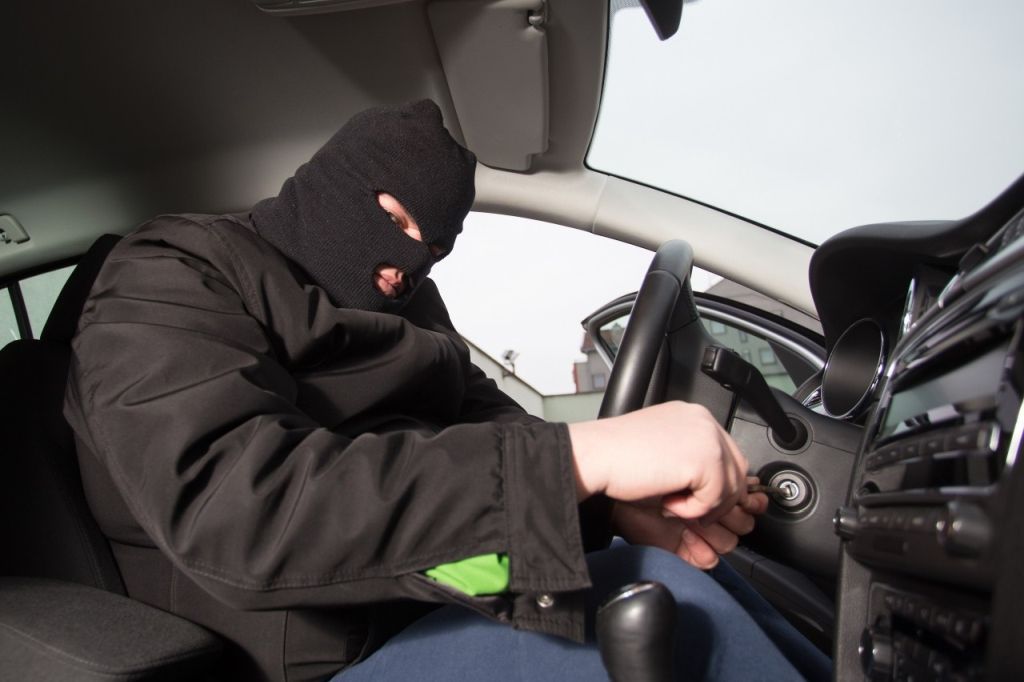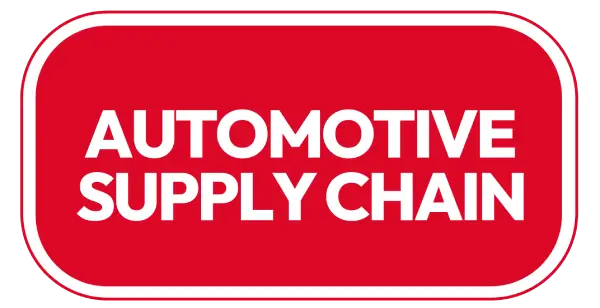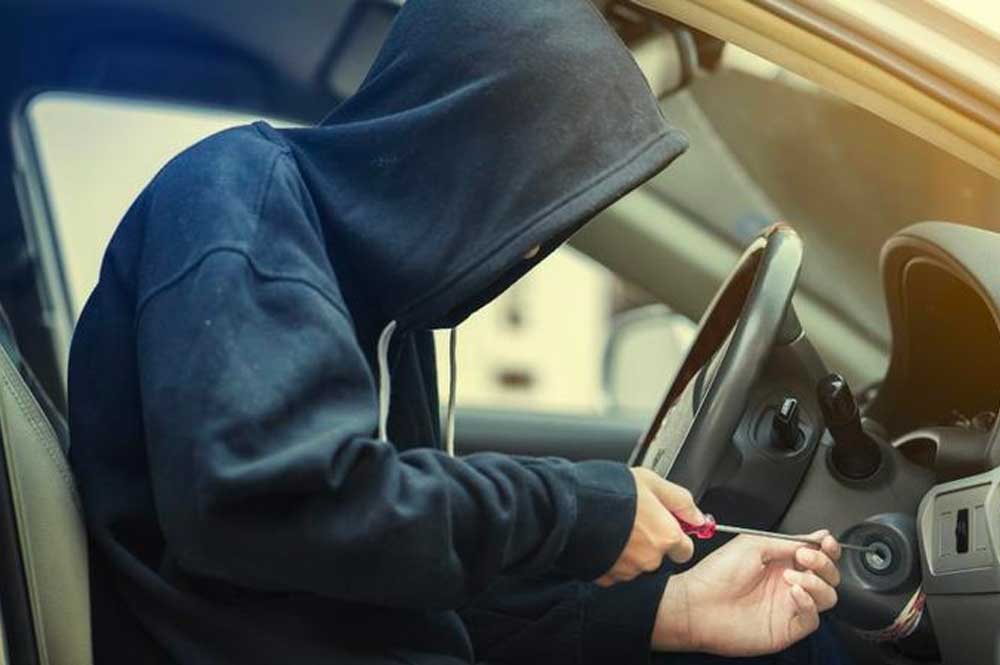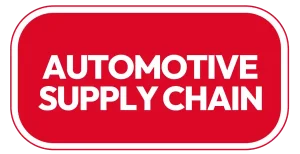Buying a used vehicle is an exciting process, but it comes with potential risks, one of the most serious being the possibility of purchasing a stolen car. Fortunately, there are free ways to verify a vehicle’s history to ensure that it isn’t stolen. This guide will walk you through the steps to check if a vehicle is stolen for free, equipping you with the knowledge to make an informed purchase.
Why Is It Important to Check if a Vehicle Is Stolen?
Purchasing a stolen vehicle can lead to legal troubles, financial loss, and even the seizure of the car. Here’s why conducting a thorough check is critical:
- Avoiding Legal Consequences: In many jurisdictions, unknowingly buying a stolen vehicle can still result in legal issues.
- Protecting Your Finances: If a stolen car is reclaimed by its rightful owner or authorities, you may lose your investment.
- Ensuring Peace of Mind: A verified vehicle history ensures your purchase is legitimate and trouble-free.
Signs That a Vehicle May Be Stolen
Before diving into the verification process, look out for these red flags:
- Unusually Low Prices: Deals that seem too good to be true often are.
- Incomplete Documentation: Lack of a proper title or registration is a major warning sign.
- Suspicious Seller Behavior: Hesitation to provide identification or vehicle information can indicate foul play.
- Altered Vehicle Identification Number (VIN): Scratched, tampered, or missing VIN plates are common signs of stolen vehicles.
Steps to Check If a Vehicle Is Stolen for Free
1. Locate and Verify the Vehicle Identification Number (VIN)
The VIN is a unique 17-character code assigned to every vehicle. It’s critical for tracking the car’s history.
- Where to Find the VIN:
The VIN is usually located:- On the dashboard near the windshield (driver’s side).
- Inside the driver’s door frame.
- On official documents like the title or registration.
- Verify the VIN:
Ensure the VIN matches across the car and documents. Any discrepancies may signal issues.

2. Use Free Online Databases
Several organizations offer free tools to check a vehicle’s status using its VIN. Here are some reliable options:
- National Insurance Crime Bureau (NICB) – VINCheck
The NICB offers a free VINCheck tool that reveals if a vehicle has been reported as stolen or salvaged.- Visit the NICB website.
- Enter the VIN and captcha code.
- Review the results.
- Local DMV Websites
Some Department of Motor Vehicles (DMV) websites allow you to perform basic checks for free.- Navigate to your state’s DMV website.
- Search for “VIN check” or “vehicle history.”
- Input the VIN.
- Police Records
Some law enforcement agencies provide online services to check stolen vehicle reports. Check with your local police department’s website for available tools.
3. Request Information from Law Enforcement
If online tools don’t provide sufficient results, you can directly contact your local police department.
- Provide the vehicle’s VIN.
- Ask if the car has been reported stolen.
- Be prepared to show proof of legitimate interest, such as communication with the seller.
4. Inspect the Vehicle’s History Report
While comprehensive vehicle history reports like those from Carfax or AutoCheck are usually paid services, some sellers may already have them. Ask the seller for the car’s history report, and cross-check the details with free tools.
5. Verify the Title and Registration
Ensure the title and registration documents are legitimate and match the seller’s identity. Look for these details:
- Consistent VIN: The VIN on the title must match the car and other documentation.
- Genuine Issuer: Titles issued from out-of-state or poorly printed copies can be suspicious.
- No Liens: Ensure there are no liens or unresolved financial obligations attached to the vehicle.
6. Trust Your Instincts
If something feels off about the transaction, trust your instincts. Walk away from the deal if:
- The seller refuses to provide the VIN.
- The documents look forged or tampered with.
- The seller is overly pushy or reluctant to meet in a public place.
What to Do If a Vehicle Is Stolen?
If your research reveals that a vehicle is stolen:
- Do Not Proceed with the Purchase: Inform the seller that you won’t be buying the car.
- Contact Local Law Enforcement: Report the stolen vehicle to the police and provide the VIN and seller details.
- Avoid Handling the Vehicle Further: Don’t move or modify the car to avoid complicating the investigation.
Tips for Safeguarding Yourself During a Purchase
- Meet in Public: Arrange to meet the seller in a safe, public space like a DMV office or police station.
- Request ID: Ask the seller for identification to verify their legitimacy.
- Bring a Mechanic: A professional mechanic can identify irregularities in the car that you might overlook.
Conclusion
Checking if a vehicle is stolen before purchasing is a vital step to protect yourself from legal and financial issues. By following these free methods—verifying the VIN, using online tools, contacting law enforcement, and inspecting documents—you can make an informed and secure purchase. Remember, if a deal seems suspicious, it’s better to walk away than to risk owning a stolen car. Stay vigilant and make safety your priority!







